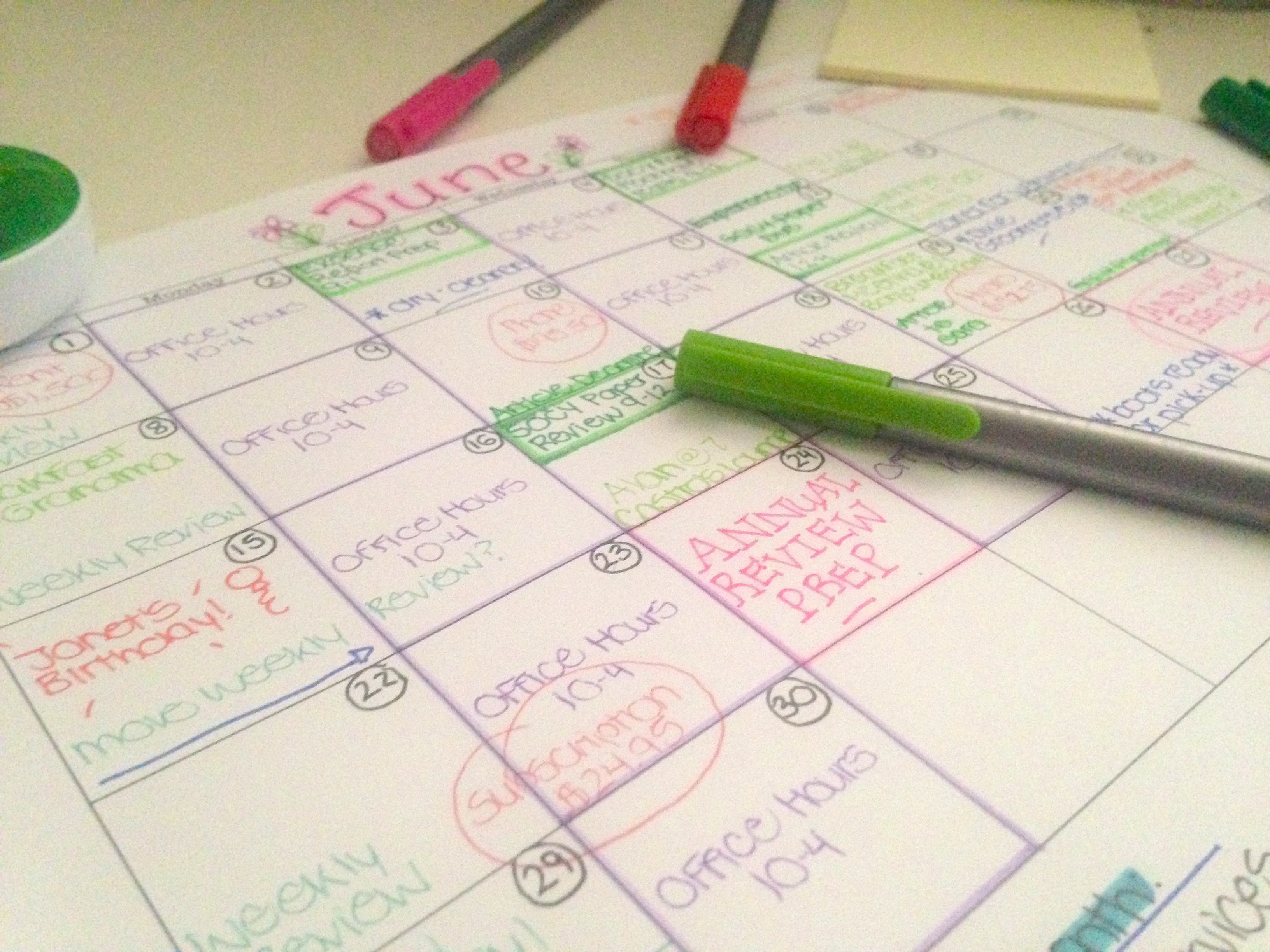
Ever since I was a little girl I’ve had a journal. I even remember my first one. It was baby pink with a puffy cover and came with a tiny lock and key which I promptly lost. At six or seven I wasn’t much of a writer but I still felt the power of having an outlet. Writing in my journal allowed me to give shape to the thoughts and emotions I was experiencing, and gave me a safe way of exploring my imagination and working out my problems.
Over the years I’ve continued to journal and with some exceptions it’s a practice I’ve kept up consistently. Out of all of my self-care activities I have found journaling to be the most helpful. Keep in mind I do not use this as a diary, or a record of my daily routine (although you’re certainly more than welcome to do so). I use more of a free-writing style; I jot down things that I’m feeling or experiencing, or something I want to remember. Sometimes it’s just whatever pops into my mind.
Sometimes waves of thought rage furiously through my head, one after the other, at a pace so roiling and intense that I’ve felt too overwhelmed to choose the right words, or felt that I couldn’t keep up enough to write anything down. Even then putting down something, anything, can act as a form of release. My entries then become bullet lists to organize the sea of my mind, each bullet a complete thought or feeling, without self-censoring or judgement, and with little regard to linear form. (Brains don’t really work like that, anyways.)
There are other ways of expressing yourself through journaling; I know some who use their bullet journals as both a calendar and personal diary. (Some of them are crazy amazing.) Doodle, use colour or stickers, or change up your writing or printing style (i.e., cursive, all-caps, different sizes, etc.)
If you’re a hardcore journal-writer looking to improve your journaling experience, there are entire websites, blogs and books devoted to journal prompts or ideas for list-making. Some books will even give you ideas on how to transform your journaling- for example, Julia Cameron, author of The Artist’s Way, describes this process as writing “morning pages”.
For those who are inexperienced at journaling, there are lots of fun pre-printed journals and books designed for you to destroy, draw all over and make your own. A blank page can be intimidating to even the most seasoned writer, so having your own lists of things to fill out or doodles to finish could be what you need to jumpstart your creativity.
Journaling is a great way to process thoughts and feelings, work out problems, record dreams and experiences and express yourself. It allows yourself to be creative, which helps you with your self-esteem and improves your self-knowledge. Also, journaling has been known to aid in the treatment of depression, anxiety and those suffering from PTSD. If that’s not enough to convince you to pick up a pen and start writing, I don’t know what will!

In this day and age we place so many demands ourselves that sometimes even going about our day-to-day lives is exhausting. As a person who likes to keep busy, I find myself struggling to stay balanced. You can follow my journey here, or click here or here to find more ways to streamline your life to keep it simple.
What are some of the ways that you stay balanced? Give us your advice below, or email your strategies to keepingbusywithb@gmail.com.





